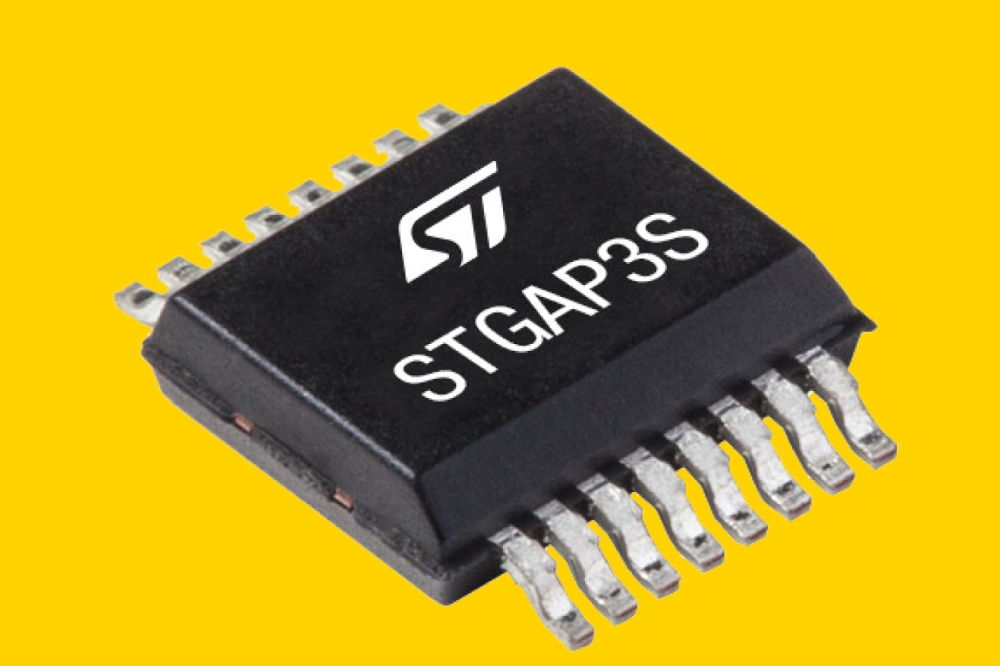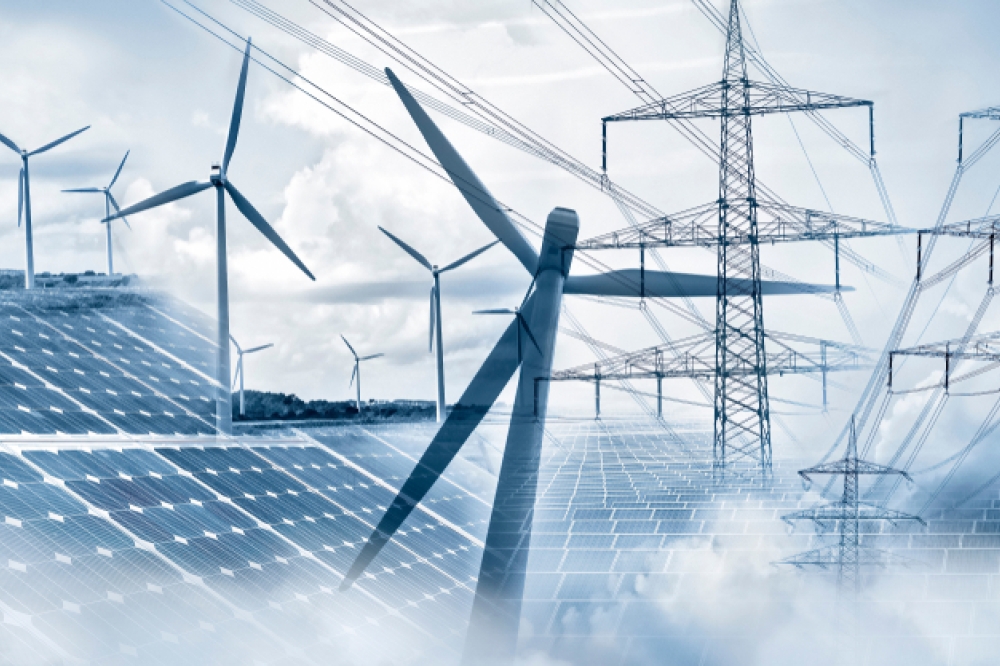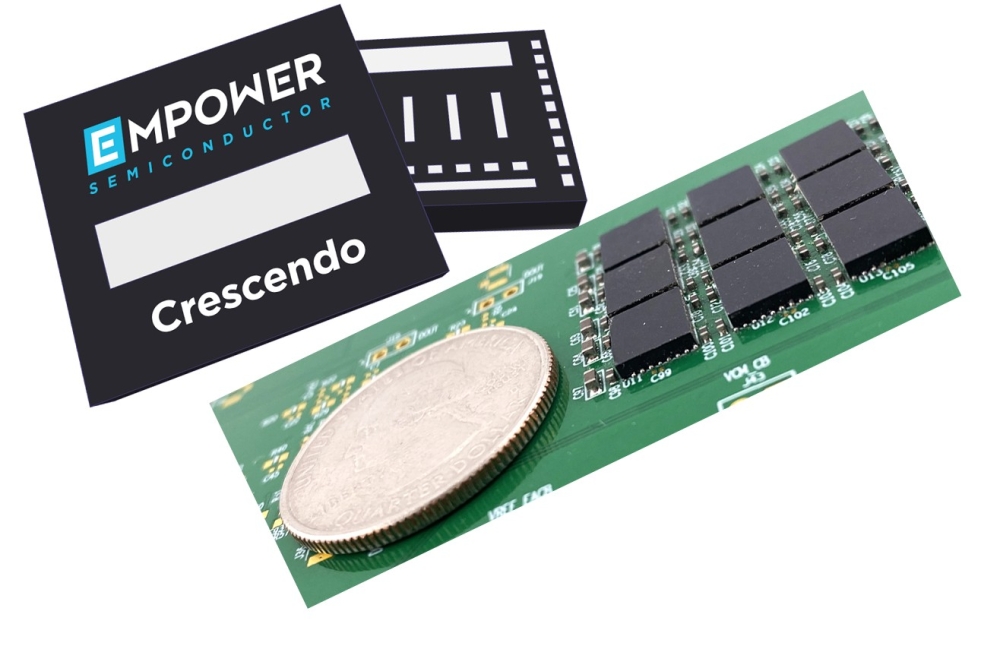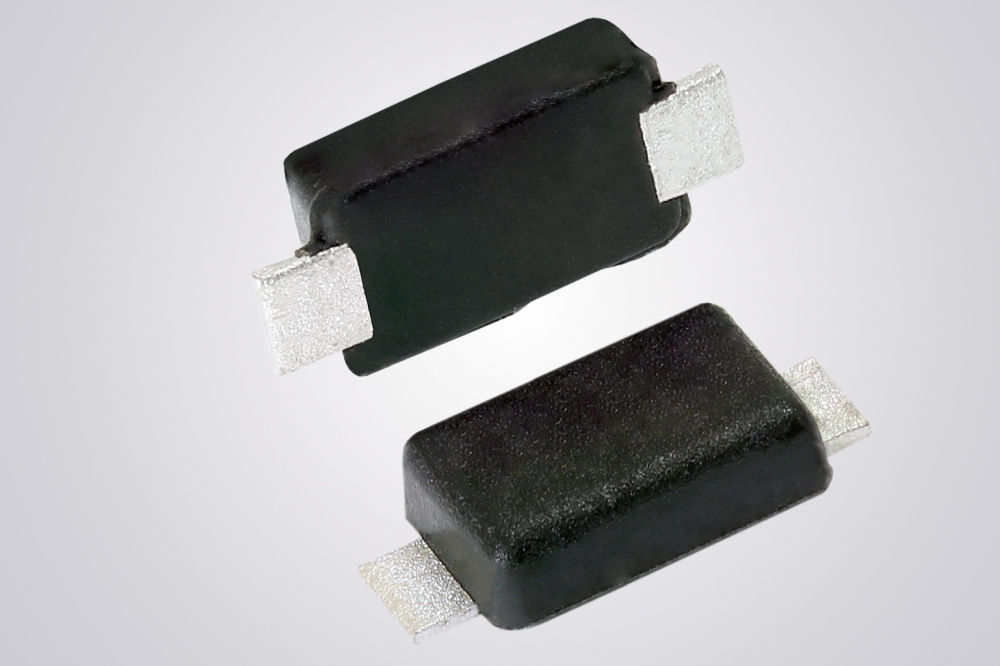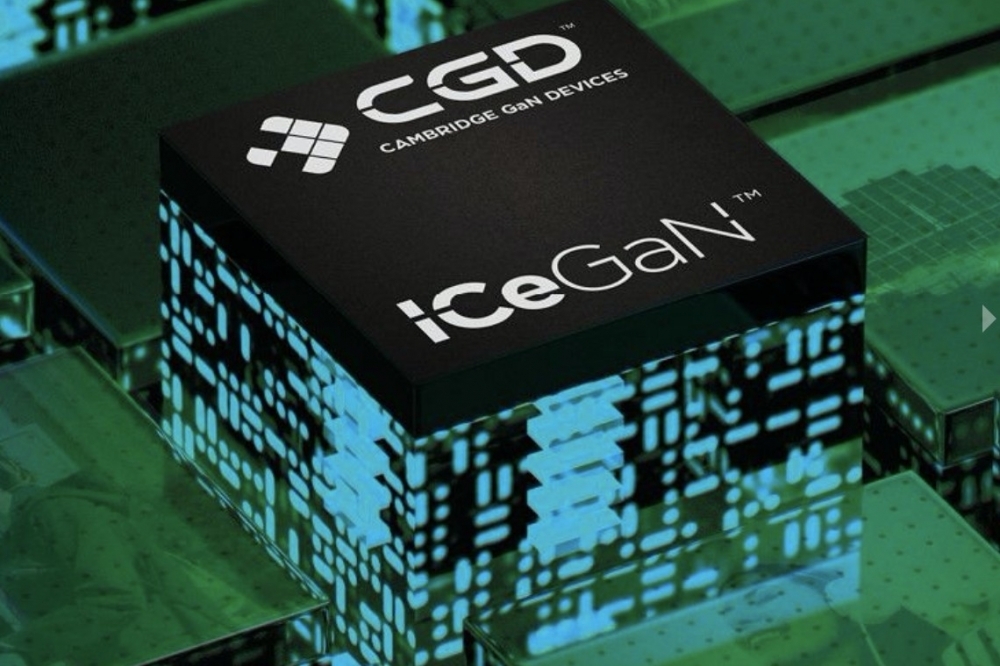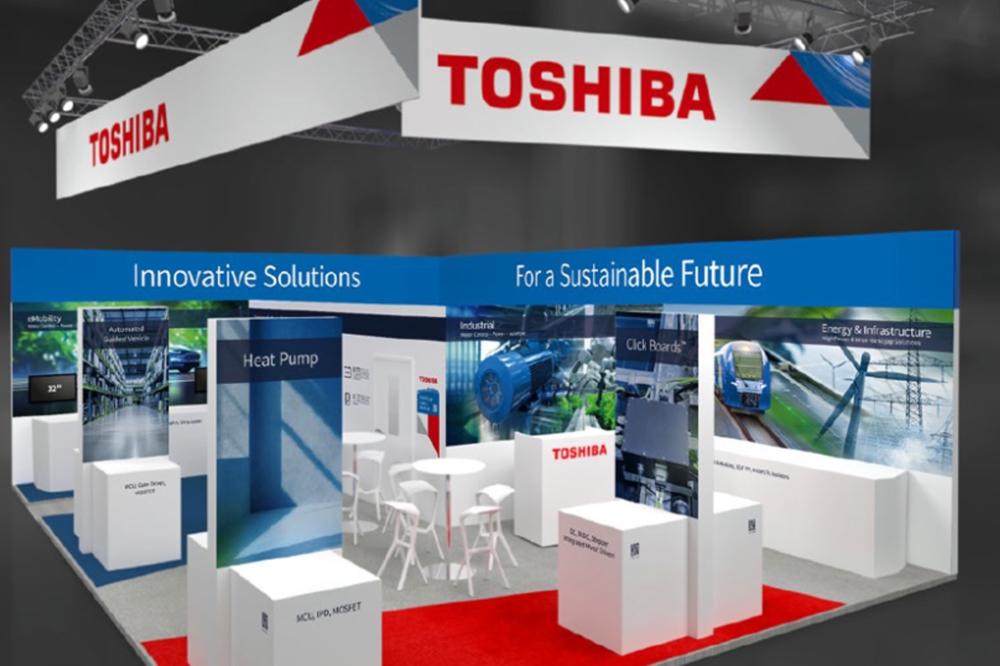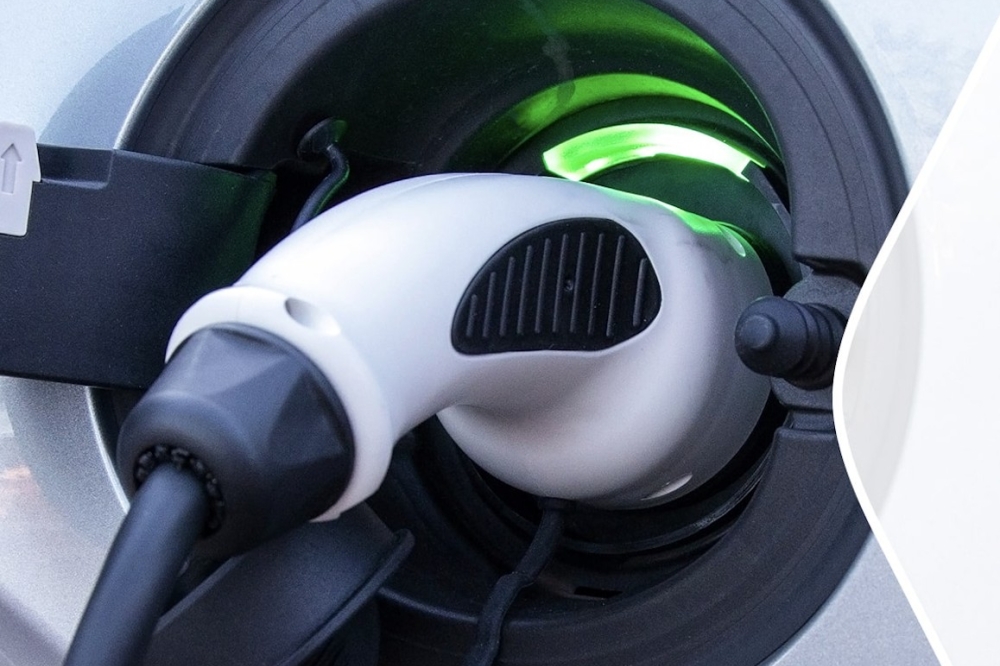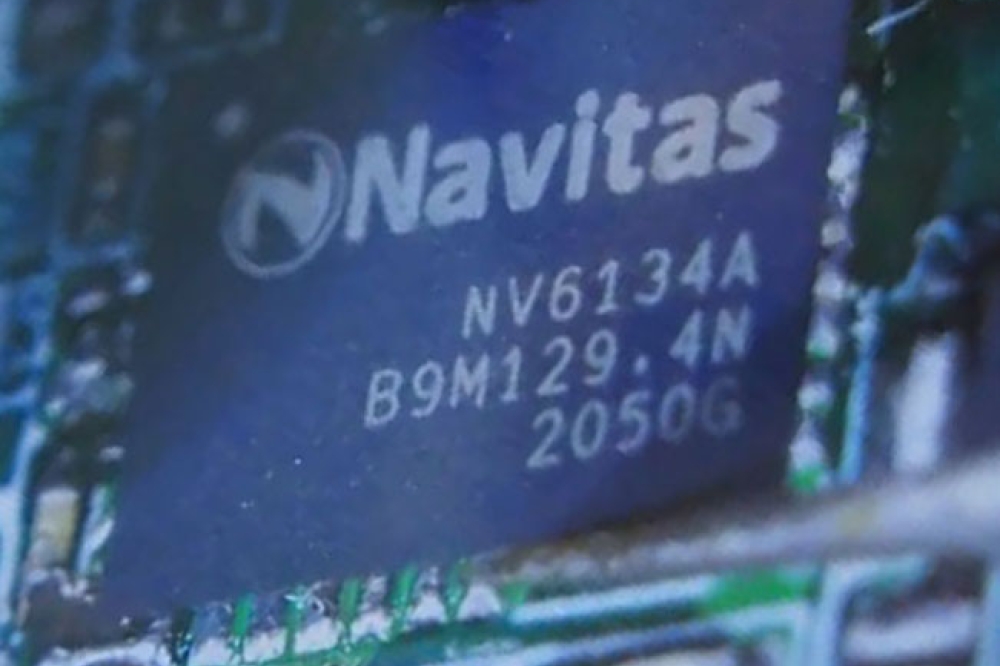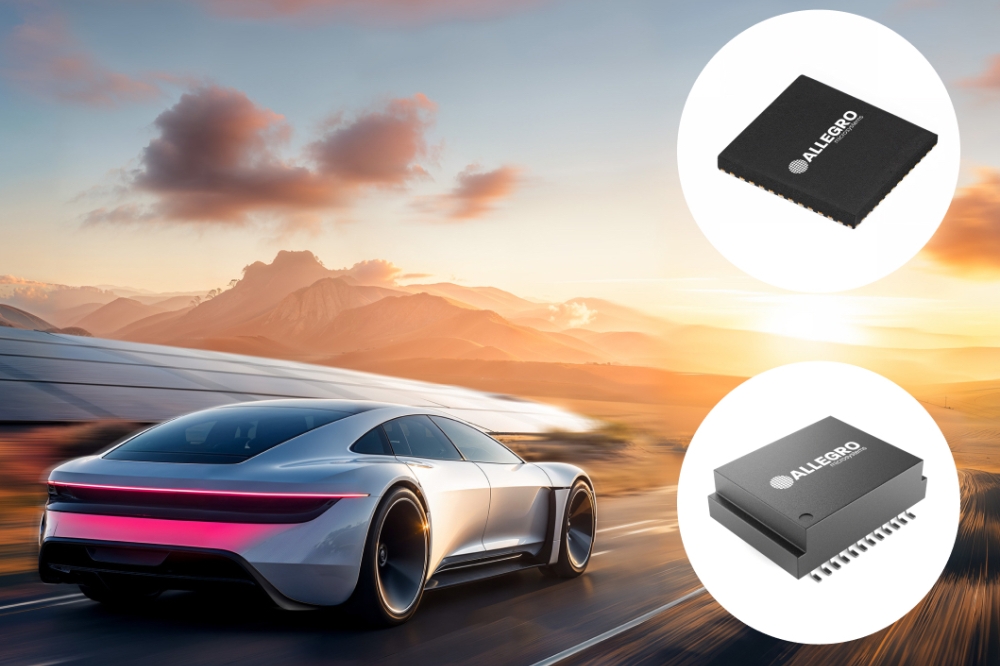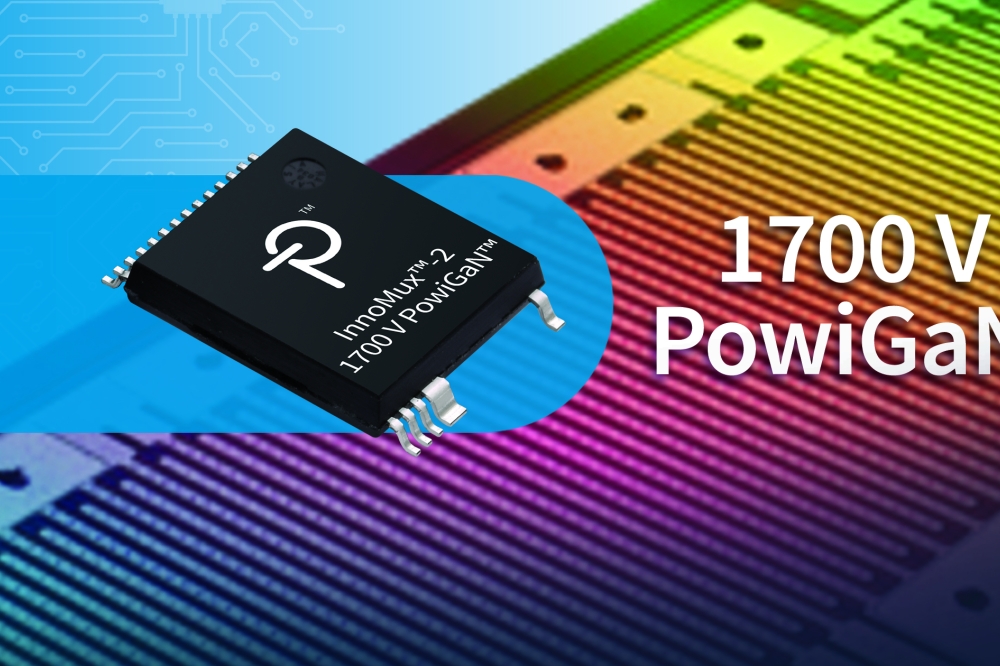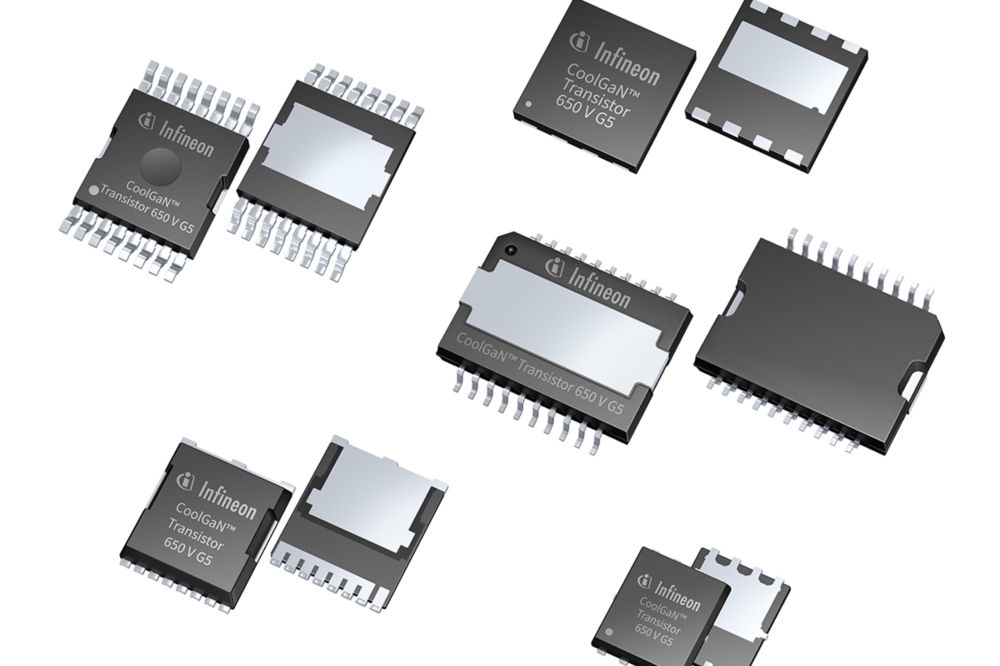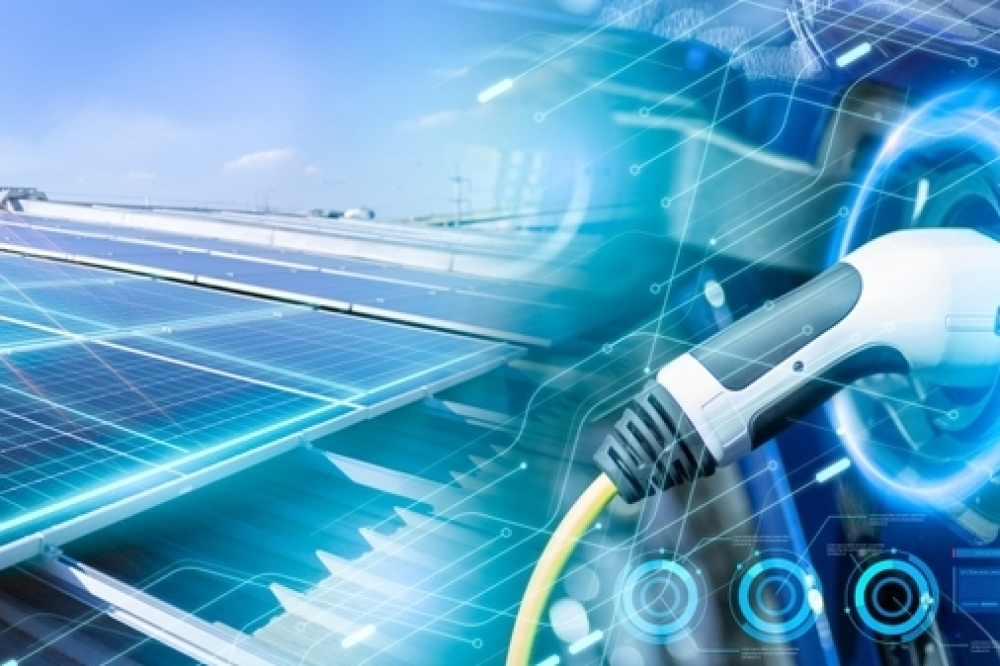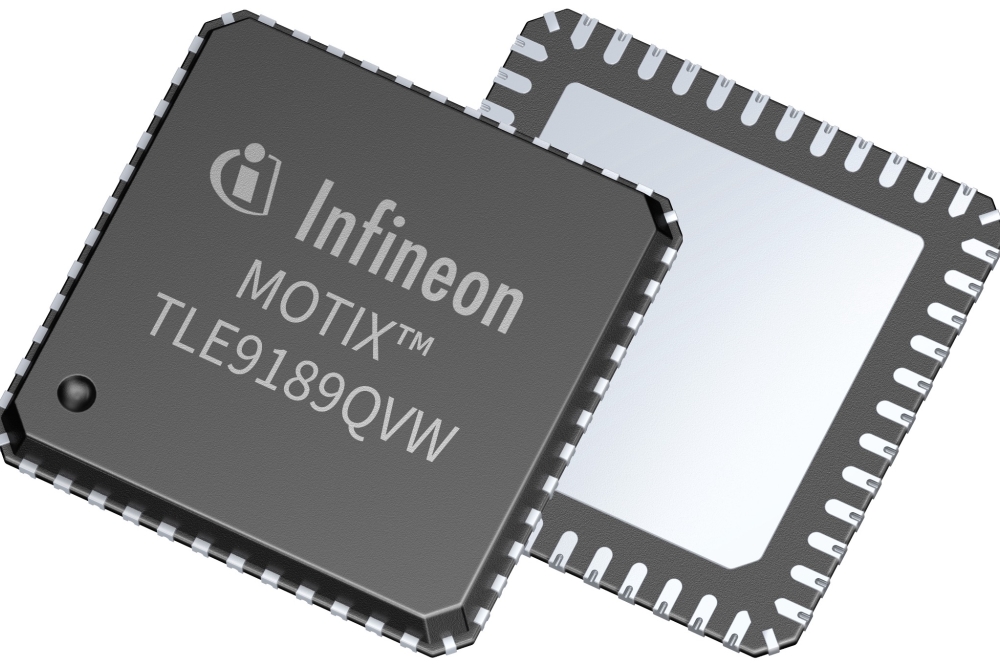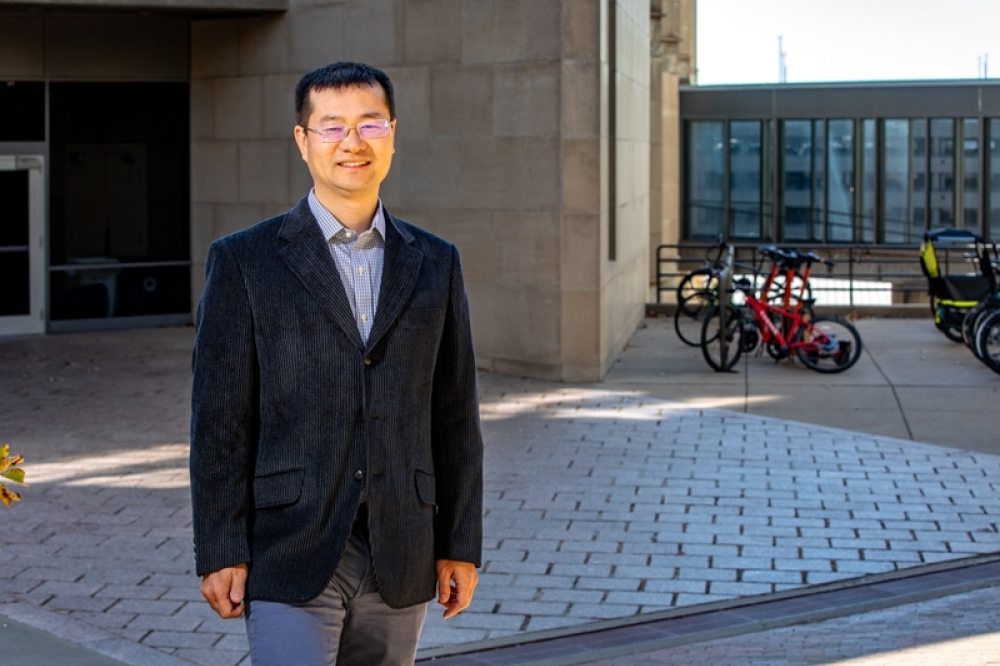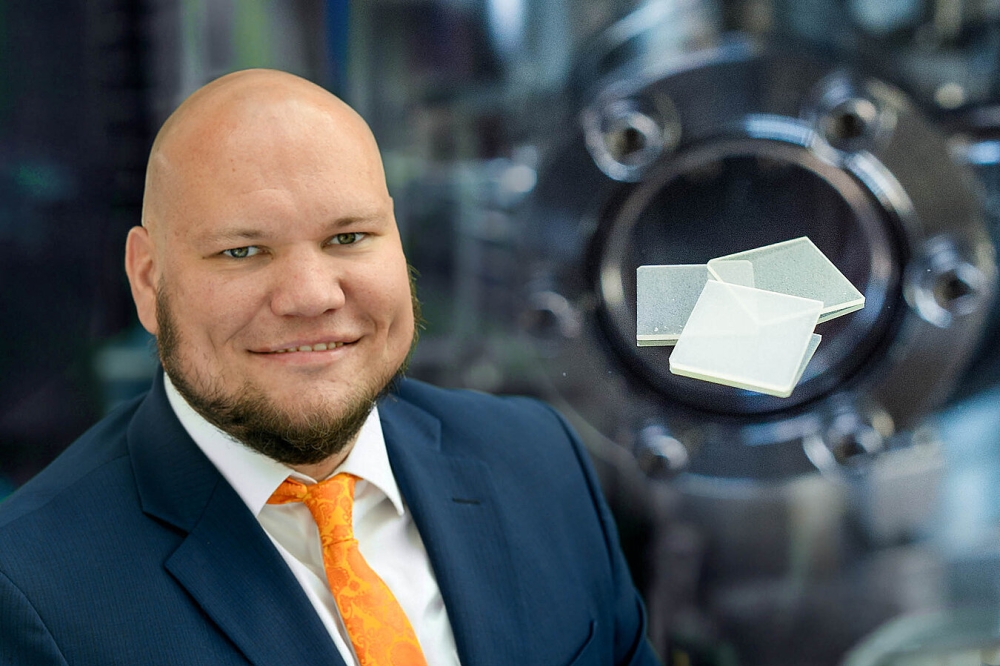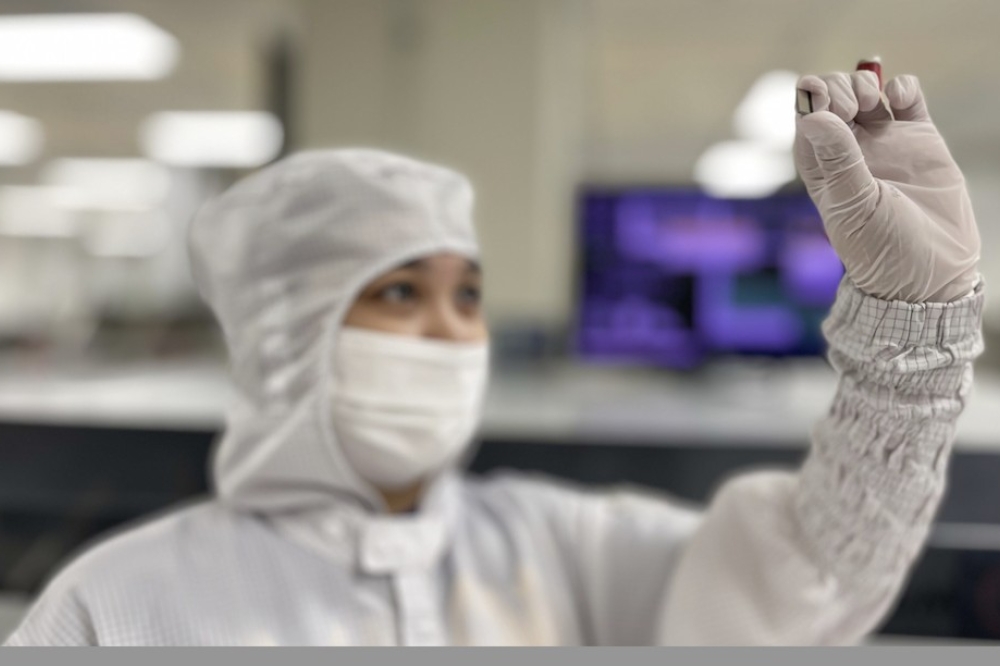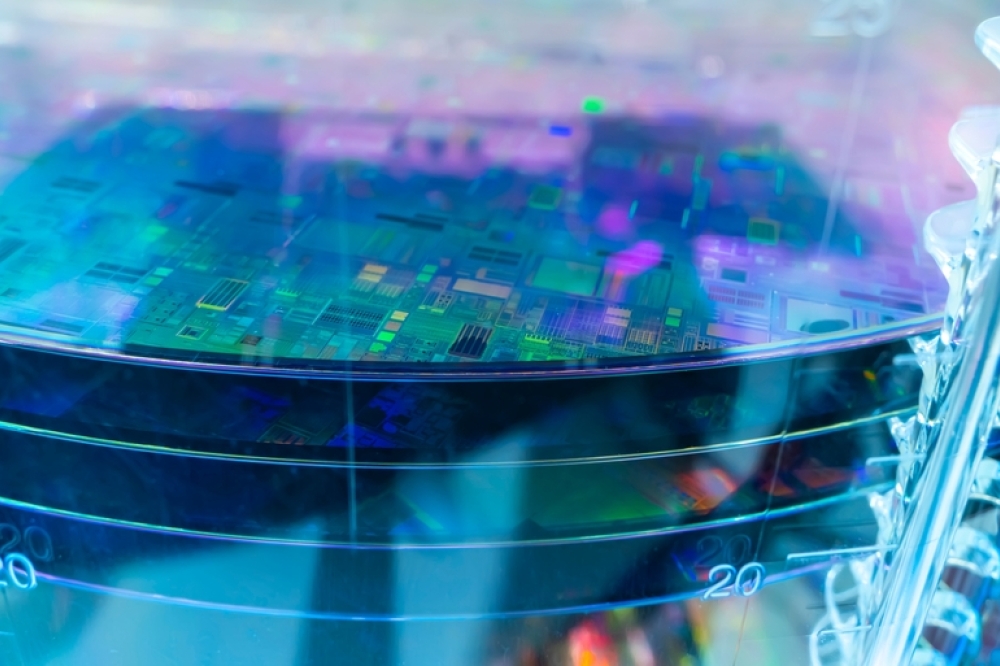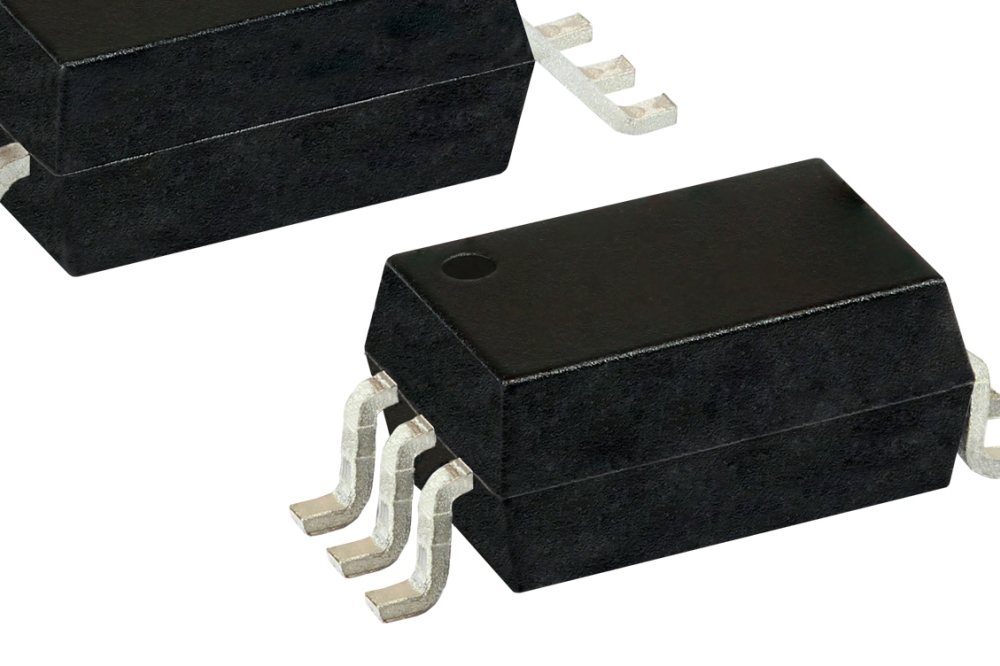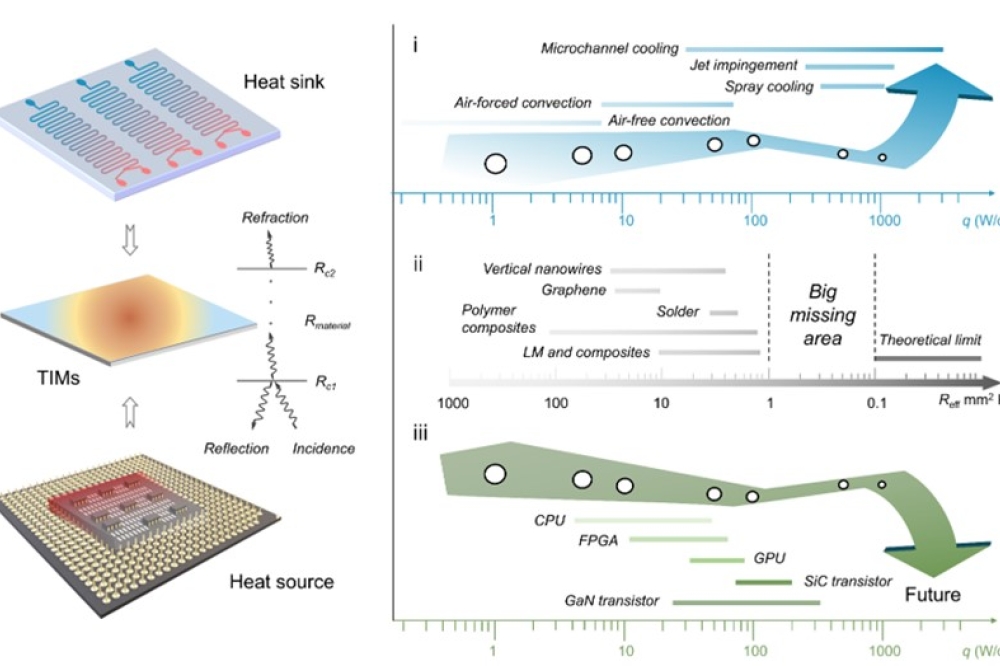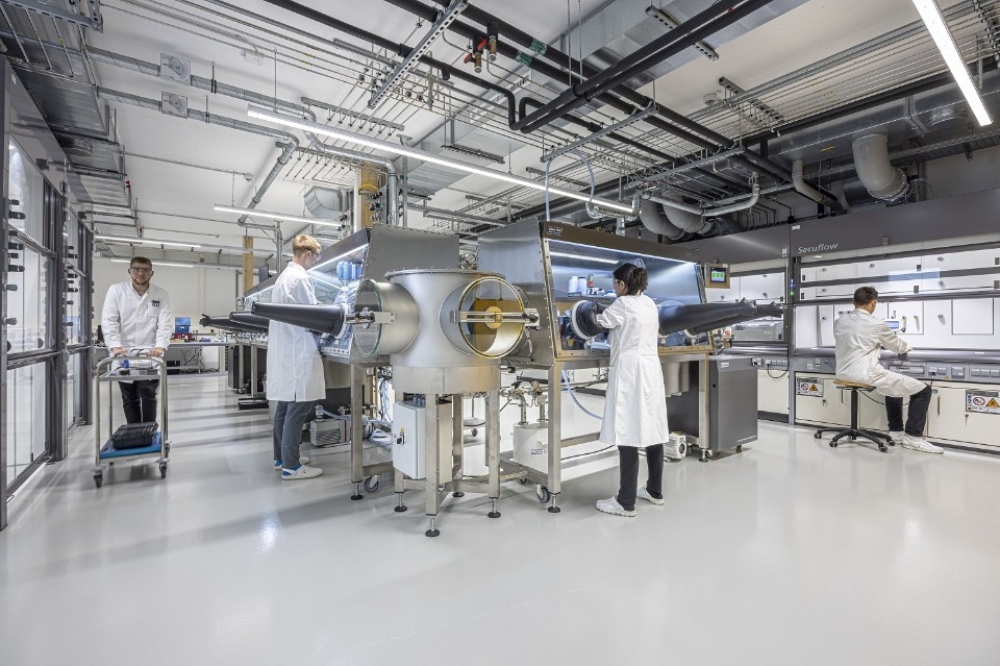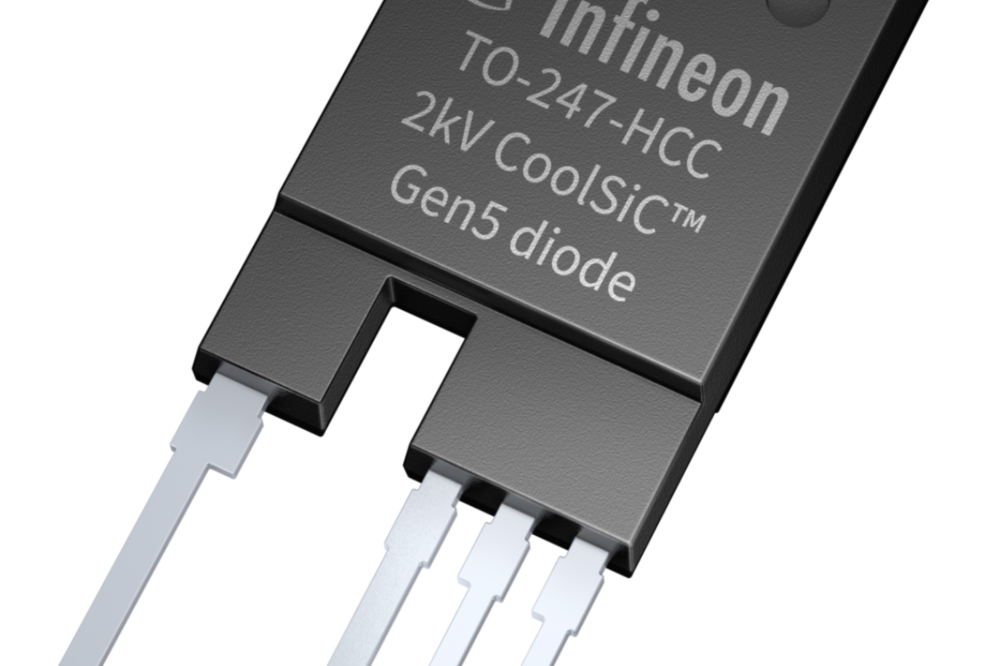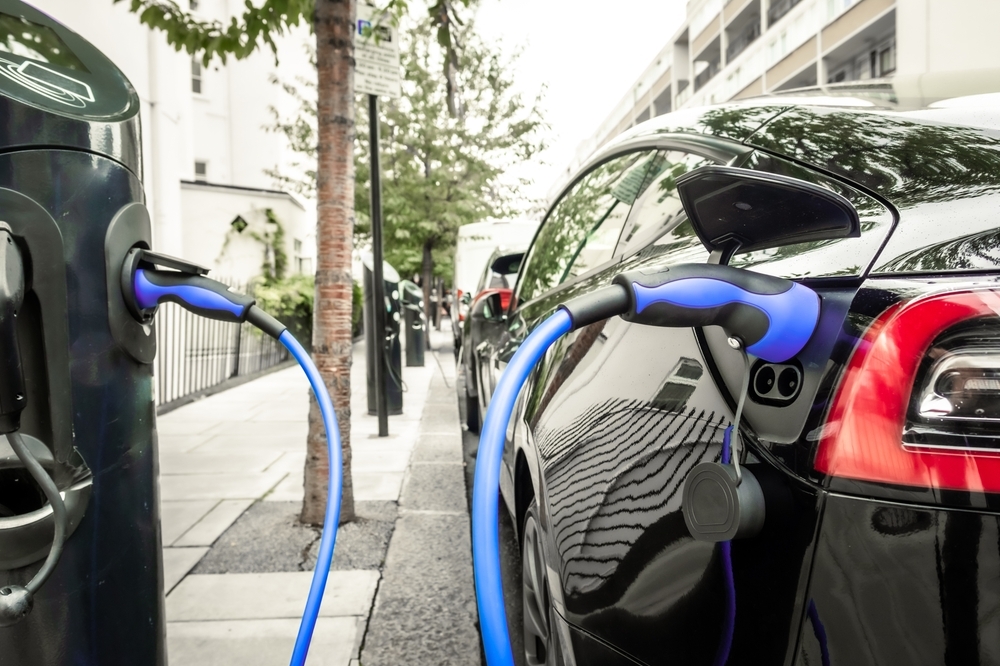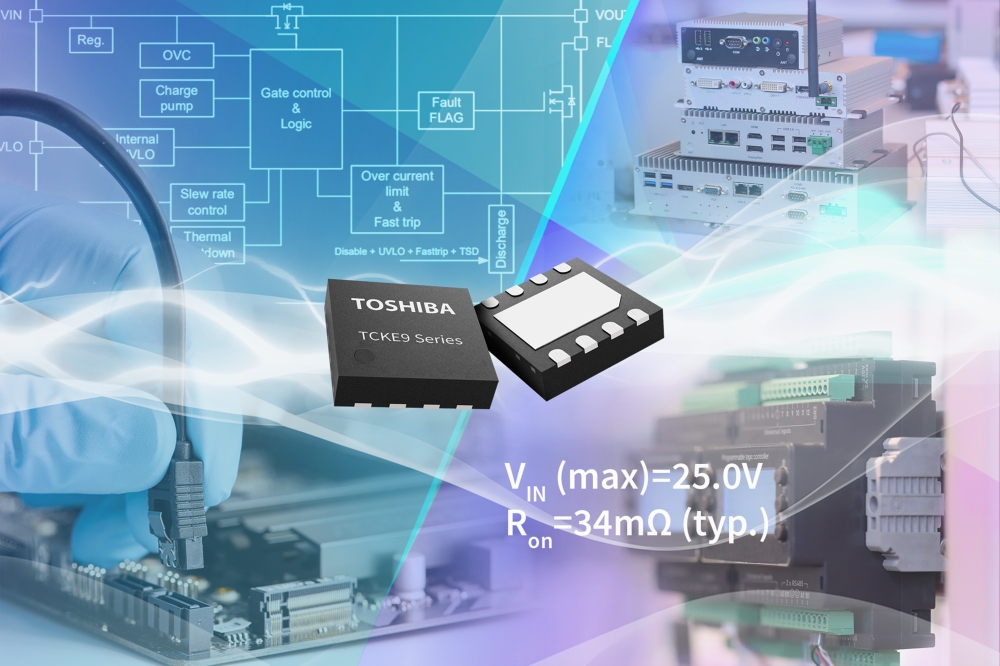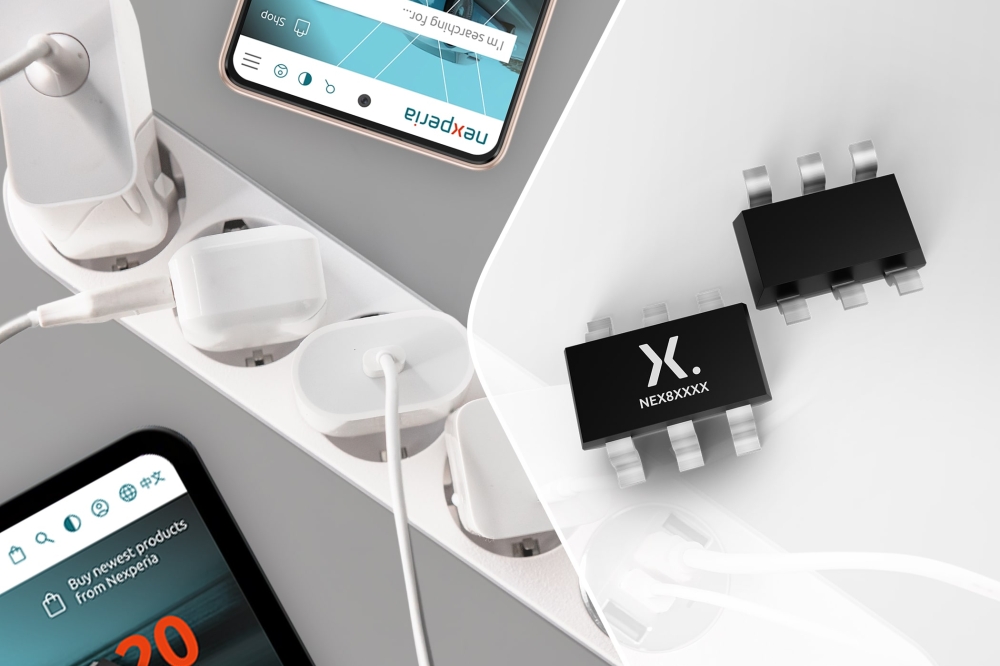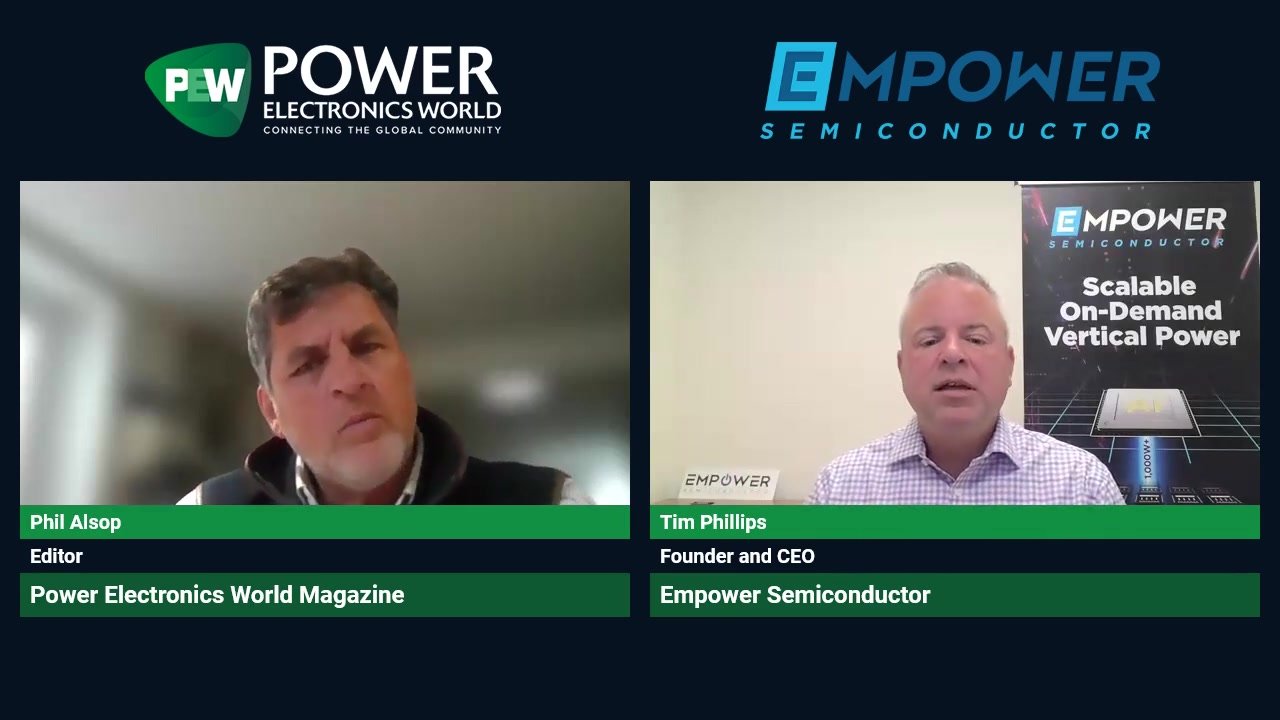US ITC says Innoscience infringed key EPC patent
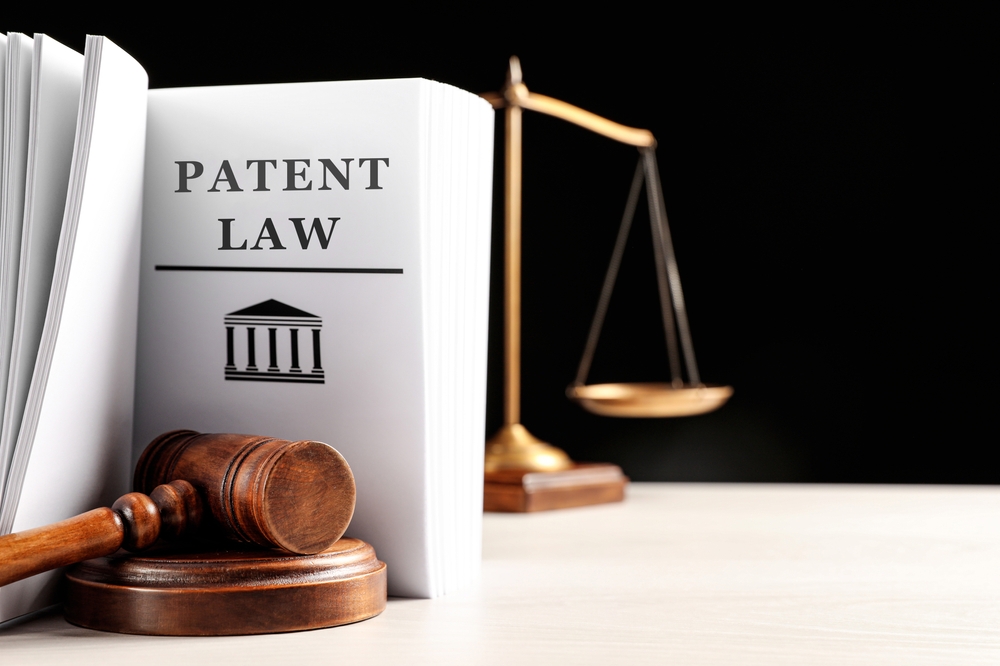
EPC has announced that the Full Commission of the US International Trade Commission (ITC) has affirmed the ITC’s initial determination that Innoscience infringed EPC’s foundational patent for GaN technology.
The decision imposes a ban on Innoscience (Zhuhai) Technology Co., Ltd. and its affiliates from importing certain GaN-related products into the United States without a license from EPC.
Innoscience, however, says it will continues to fight its case. It has also said that this final determination doesn't stop Innoscience’s customers from importing end products into US.
The decision marks the first successfully litigated US patent dispute involving GaN-based wide bandgap semiconductors, according to EPC which says the decision paves the way for it to expand IP access through licensing agreements with potential partners and customers.
“After pouring nearly two decades and immense resources into developing our uniquely valuable intellectual property portfolio, this is a tremendous victory for EPC and a major win for fair competition globally, which is critical to the success of next-generation technological advances. We are grateful to the ITC for their diligent work in recognizing the validity of our patents and Innoscience’s infringement,” said Alex Lidow, CEO and Co-Founder of EPC.
EPC says this recent decision is the fourth time the its IP rights have been affirmed against Innoscience in the past six months. EPC initially filed the infringement claim against Innoscience in the ITC in May 2023. In response, Innoscience challenged the validity of the EPC patents at issue in the US, as well as EPC’s counterpart patents in China.
The China National Intellectual Property Administration upheld the validity of EPC’s counterpart patents in April and May 2024. The ITC’s initial determination in July 2024 similarly confirmed the validity of the challenged patents, and also found that Innoscience infringed EPC’s foundational patent, US Patent No. 8,350,294.
The ITC’s final determination is subject to a 60-day Presidential review period, expiring on January 6, 2025.
Innoscience has countered these claims pointing out that EPC's lawsuit in May 2023 alleging Innoscience's infringement of EPC’s ’508 and ’294 patents, concluded that no infringement of claim 1 (the only asserted claim) of the ’508 patent was found.
As for the confiimation of the violations of two claims against the ’294 patent and the import bans, Innoscience says it will appeal the ruling.
Innoscience notes that the limited exclusion order does not prohibit Innoscience’s customers from importing end products that use the accused chips. Moreover, since the final decision clarified the meaning of the claim term 'compensated GaN layer’,which is at the centre of the dispute surrounding the ’294 patent, it has provided clear guidance for Innoscience to design around the ’294 patent by avoiding use of the “compensated GaN layer.”
Innoscience says it already has the design-around in place and will release the new products soon.
"Accordingly, the EPC litigation shall have no impact on Innoscience’s customers. Moreover, Innoscience will continue to solve the dispute with EPC through appeals in court and invalidity challenges at the USPTO, and is confident that it will achieve a final complete victory", Innoscience adds.


